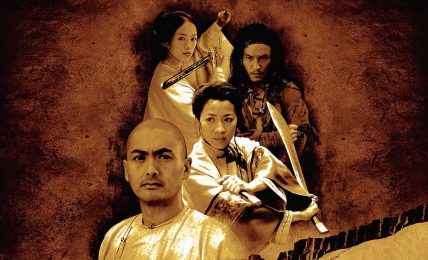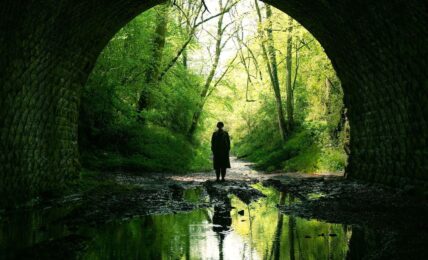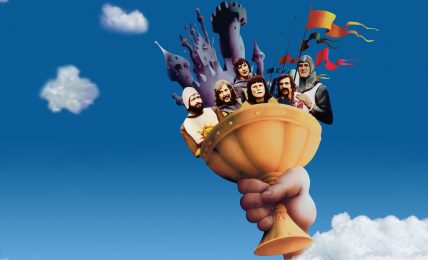THE MIRACLE FIGHTERS (1982)
A condemned Manchurian commander escapes by taking the emperor's boy as hostage. 14 years later, the emperor's evil sorcerer finally learns of his whereabouts, now living with a young man who wears the emperor's boy's jade necklace.












